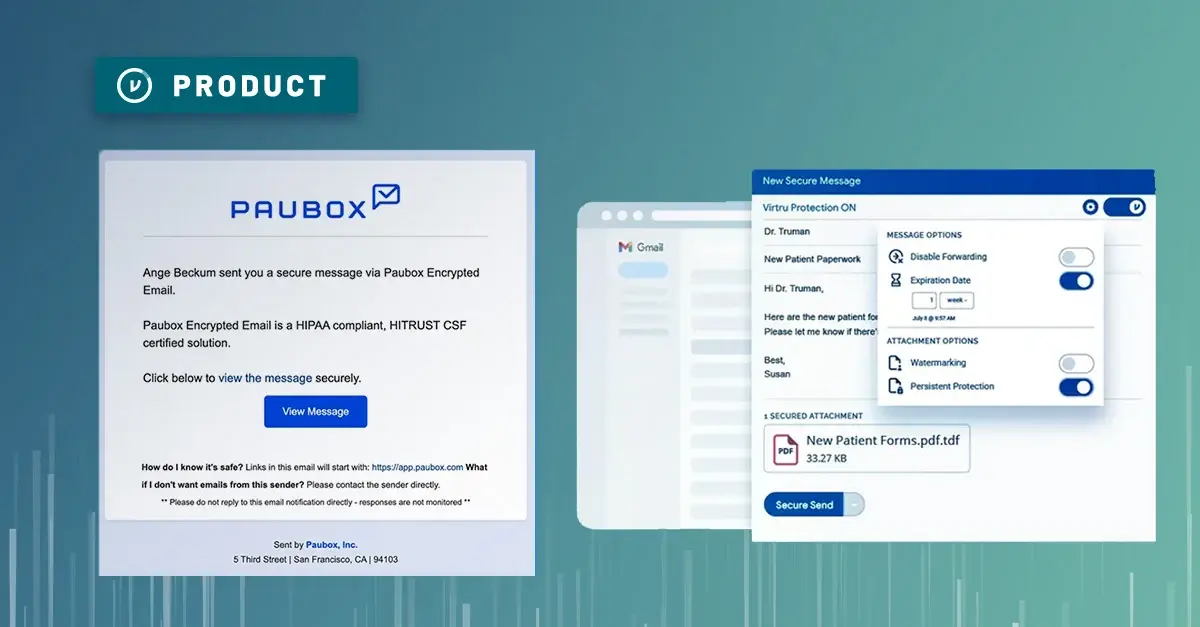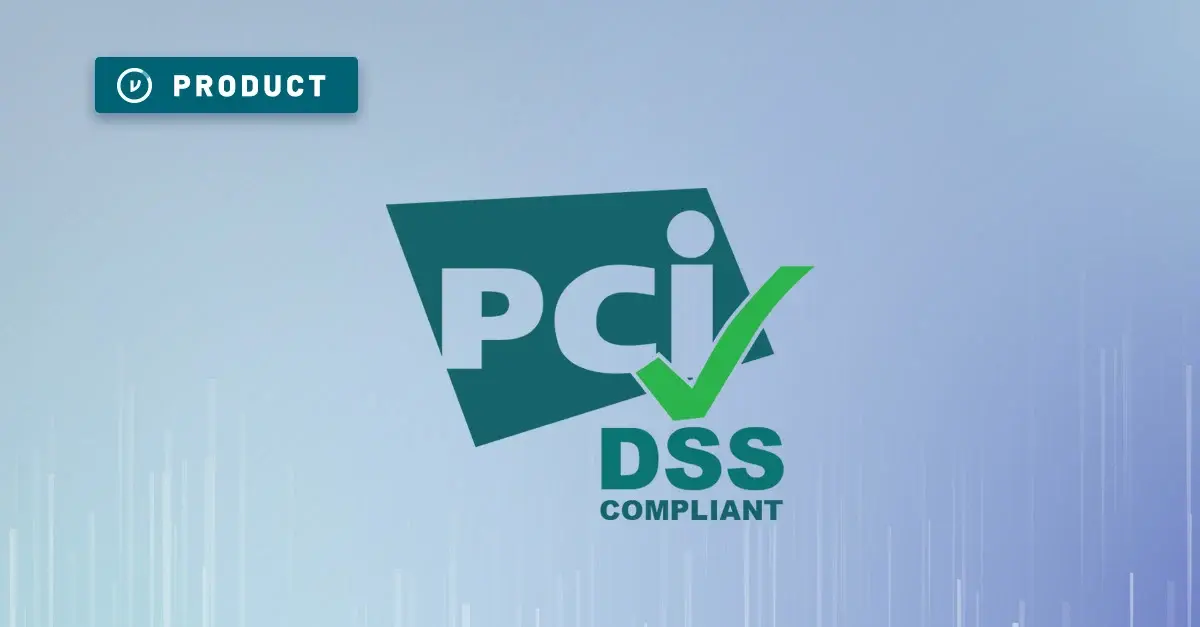

Freedom. We want it in our personal lives, and we want it in our digital lives – especially when it comes to our data.
Today, our data is at a crossroads when it comes to freedom: Who really has control over your data? Where can you share it? How can you manage it confidently and safely? Are you really in control of your data’s destiny?
The Current State of Data Control and Security
Data isn’t just an abstract idea. Data is real life written down in numbers and words, stored digitally. And when data is in the wrong hands, it has real life implications. For individuals and organizations alike, the state of security, control, and freedom of their data is in question.
Nations Desire Digital Sovereignty
Threats of foreign snooping and nation-state cyber attacks are beginning to stifle the free flow of data and information, constricting the freedom to share information across corporate and international borders. In an effort to protect the data of its citizens, countries rapidly draft heavy regulations with the intention of protecting the personal data of its citizens.
Data-sharing regulations are valuable for the sake of national security, but when they are too rigid, they can negatively affect the ability to collaborate and share information. They can also inhibit free trade and economic growth precisely for the regions they stand to protect: The Information Technology & Innovation Foundation predicts that a 1 point increase in a nation’s data restrictiveness cuts its gross trade output 7 percent, slows its productivity 2.9 percent, and hikes downstream prices 1.5 percent over five years.
Finding the balance of freedom in global data sharing is essential, and it’s one of the most important and pressing issues in cybersecurity today.
Respect the People: Protecting Individuals’ Data
Data privacy has been a concern for individuals for many years, specifically around companies’ abilities to sell, buy, and leverage data of individuals for profit. Within the United States and beyond, citizens are concerned about exposure of personal data to governments, both foreign and domestic.
Many countries around the world have strong privacy frameworks to safeguard citizens’ data, but the U.S. is not one of them. In fact, Virtru’s CEO, John Ackerly, wrote in 2021 about his work on a proposed Federal Privacy Bill in 2001 that, in the wake of 9/11, was mothballed.
The most recent attempt being the American Privacy Rights Act of 2024, drafted in April of this year. Its purpose is not dissimilar to other bills and acts drafted in the past: to establish consumer data privacy rights, limit the nature, amount, and sharing of data collected from citizens, and prohibit the use of such data to discriminate. Certainly a step in the right direction, but the legislative process moves at its most infamous speed (or lack thereof).
Over the years, as congress has struggled to pass a federal privacy law, it’s become cheaper and easier to gather and manage vast volumes of data, driving the need for privacy to new heights.
Many individuals have deep concerns over their right to privacy, and how their data could potentially be used against them. From persistent, large-scale data leaks to nation-state cyber attacks on critical infrastructure, to sweeping and still-unfolding legislative changes resulting from the overturning of Roe v. Wade, people are navigating a complex digital world where a lack of data privacy can have real and lasting impacts on their well-being. With a complex and sprawling ecosystem of apps — many with confusing, contradictory, or unclear data privacy terms — most people don’t have a sense of whether they really have control of their own personal data.
Restoring Freedom Through Control: What Does It Look Like?
Putting data control back into the hands of the owners requires centering two things: what we’re trying to protect (data) and who we’re trying to empower (the data owner). At Virtru, we and our customers accomplish this through the Trusted Data Format (TDF), an open standard that protects data by wrapping data objects with individualized end-to-end encryption policies.
TDF is designed to protect the data itself, instead of forcing you to rely on an encrypted server, network, or third party to protect it. Here are some key elements of TDF, and how it can put the control of data back into the hands of the owner.
- The ability to control your own encryption keys, so no one — not even Google or Microsoft — can access your private information
- Attribute Based Access Controls that govern access to data based on precise, identity-based traits rather than granting broad, role-based access
- The ability to share data while still controlling it. Implementing TDF within an organization or governmental agency can give it the freedom to share data safely again by giving the owner complete control over data. This control satisfies the regulatory bodies overseeing data sharing, which in turn restores an organization’s freedom to do business and potential to grow.
- An easy, intuitive experience for the everyday user. This level of freedom should be available for everyone, not someone with government clearance, not just certain countries, and not just those with the know-how to do it. Making your data completely secure should be an empowering practice, and not a restrictive one — and that requires a clean, simple user experience.
Democratizing Data Control with OpenTDF
Virtru offers a wide range of enterprise-ready, Zero Trust data protection solutions that you can start using today. But for those who are curious about building security into their own applications, OpenTDF can be a powerful resource.
Virtru’s open source project, OpenTDF, is more than just a method of maintaining control over your data. It is an open standard designed to empower the cyber innovators of our time to create a better, more secure world by putting data security first.
To learn more about how Virtru can give you both control of your data and the freedom to share it, contact our team for a demo today.

Shelby Imes
Shelby is the Manager of Content Strategy at Virtru with a specialty in SEO, social media, and digital campaigns. She has produced content for major players in healthcare, home services, broadcast media, and now data security.
View more posts by Shelby ImesSee Virtru In Action
Sign Up for the Virtru Newsletter




/blog%20-%20HIO%20Maya%20HTT/Maya-HTT-Level-2-lessons%20copy.webp)

/blog%20-%20cmmc%20level%203/CMMC-LEVEL-3.webp)

/blog%20-%207%20Healthcare%20Vulnerabilities/7-hipaa-vulns.webp)
/blog%20-%20please%20delete%20that%20email.%20domain%20wide%20protection/please-delete-that-email.webp)
/blog%20-%20next%20breakfast/next-breakfast-2.png)